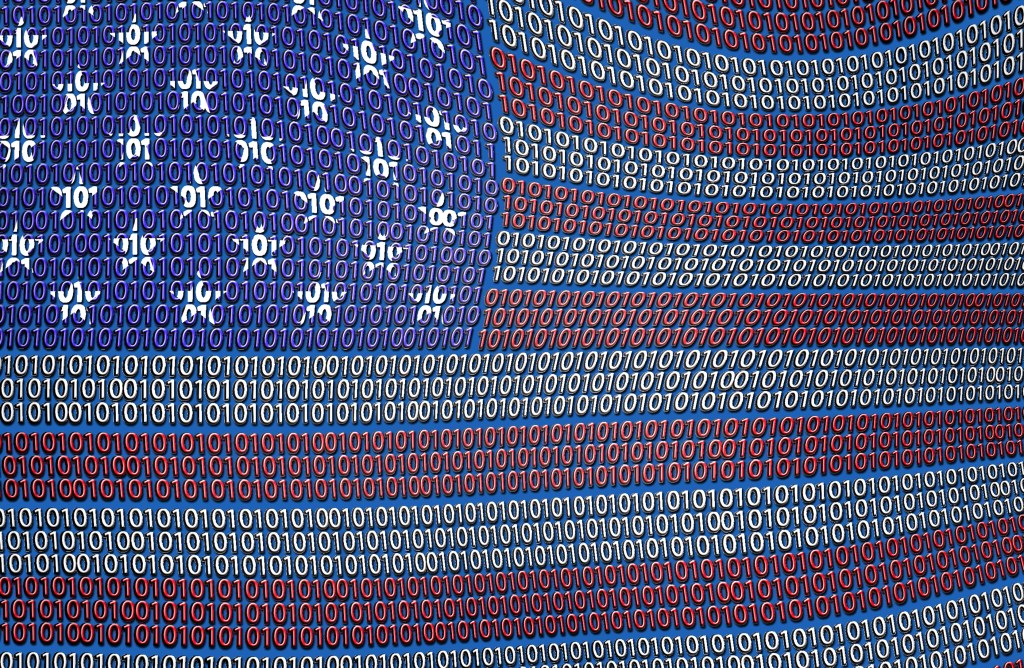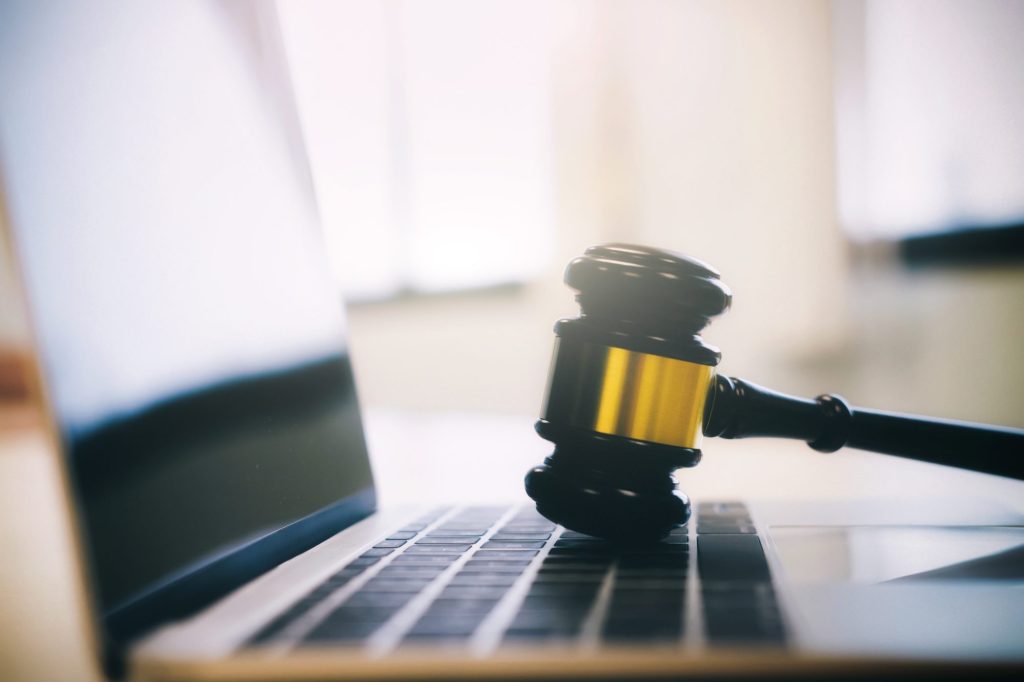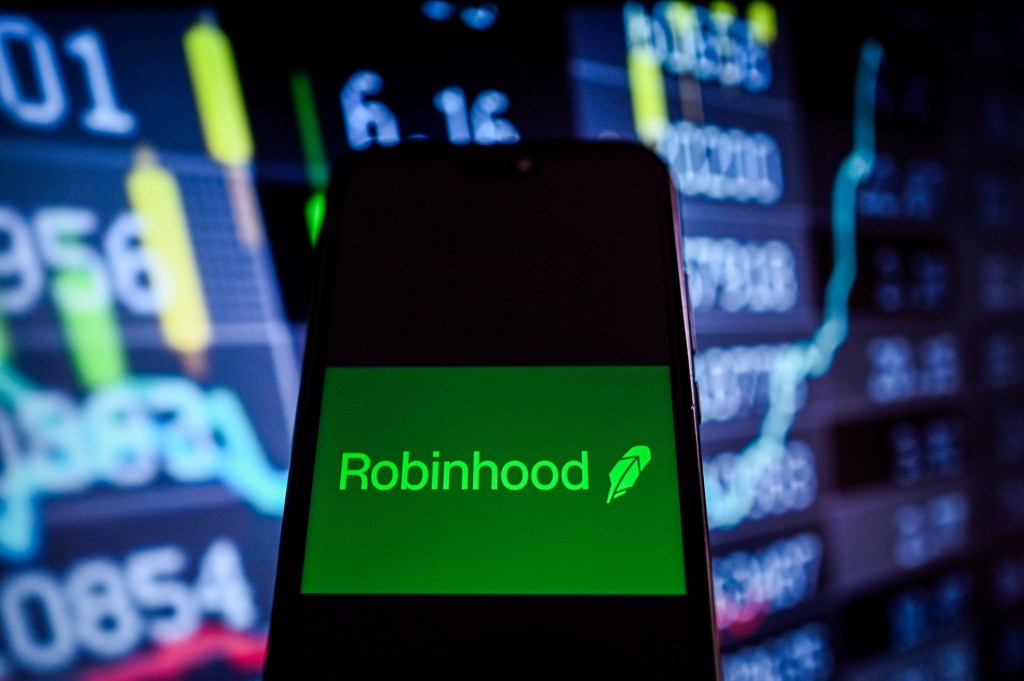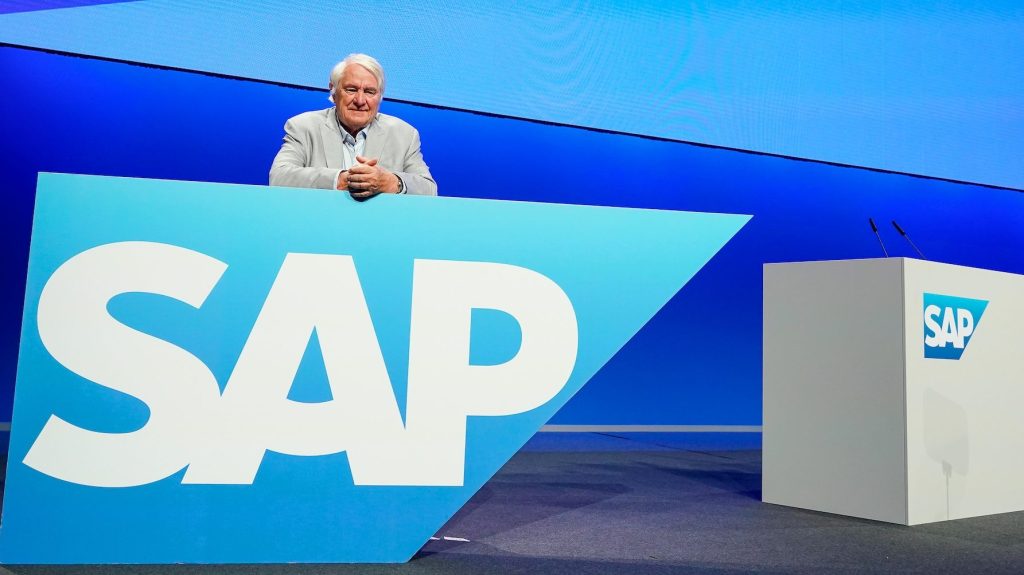Julia Tanner
Freedom is critical to the economic engine of Silicon Valley, but laws are not often written to preserve it.
A federal decision in October let consumers unlock cell phones, tinker with their tablets and hack into some aspects of their connected vehicles’ software — as long as they don’t break other laws.
Unfortunately, this decision has to be renewed every three years, through a long and arduous process. It’s time for that to change.
Thanks to the aging Digital Millennium Copyright Act (DMCA), consumers can’t “circumvent” software or other “technological measure[s]” in devices they have already purchased, even to diagnose or repair the software, unless the Librarian of Congress, upon the recommendation of the Register of Copyrights and after an enormous public rulemaking, blesses that category of software and devices with a DMCA exemption. If not, even innocuous hacking of software in your cell phone, connected car, connected tractor, medical device or tablet could make you a criminal.
In an odd quirk of law, DMCA exemptions lapse if not renewed or revised every three years through the aforementioned rulemaking. This means every three years, groups and individuals gear up huge drafting and lobbying efforts to preserve — or torch — certain exemptions. This wastes their time and risks your rights.
Unlocking cell phones is a prime example. “Carriers typically place software on the device that prevents it from being used on another carrier’s network,” typically in order to prevent their customers from switching service providers. From 2006-2010, changing cellular providers without your existing provider’s consent was legal. An exemption to the DMCA permitted the unlocking of cell phones by customers.
Then, for almost two years, it became a criminal act. In 2012, the Librarian limited the exemption for cell phone unlocking to devices obtained on or before January 26, 2013. In other words, the unlocking exemption started phasing out. People who wished to take their phones abroad for a few weeks, switch services after paying early termination penalties or unlock a phone purchased through eBay, could not do so. They could not switch carriers until allowed by their existing carriers — which started occurring less frequently and only after the customer was “no longer under contract” (even if they paid early termination fees and were in good standing).
It took a White House petition, NTIA and FCC action and an Act of Congress to partially restore the unlocking exemption.
Your wireless company could have good reasons to want you to stay. If they sold you a phone discounted by hundreds of dollars, as is common for customers who sign one- or two-year agreements, they don’t want you to leave until those subsidies are repaid over time. On the flip side, when a device is “locked” to a network, consumers lose flexibility and marketplace innovators are penalized.
The 2012 decision sparked massive outrage. A “We the People’’ petition to the White House protesting the decision gained more than 110,000 signatures. The White House “ask[ed] the Librarian of Congress to rescind this decision, and failing that, champion a bill that makes unlocking permanently legal.”
The FCC worked with industry to temporarily restore a version of unlocking standards through a set of industry consumer principles (the CTIA Consumer Code). Major providers agreed wireless devices would be unlocked: [if postpaid,] after you have fulfilled the applicable service contract, completed the device installment plan or paid an early termination fee… [if prepaid,] no later than one year after activation, consistent with reasonable time, payment, or usage requirements.
At the same time, Sen. Patrick Leahy (D-VT), and Rep. Bob Goodlatte (R-VA), worked with consumer advocates and competitive wireless providers and drafted legislation to reinstate the DMCA exemption. On August 1, 2014, President Obama signed into law the Unlocking Consumer Choice and Wireless Competition Act, S. 517, Pub. L. 113–144.
Through these efforts, consumers could again take their phones with them when they switched carriers. While they might have to pay early termination fees to compensate for handset subsidies, they could keep their devices, and “orphaned” phones could be brought back into service.
After the 2012 setback, numerous public interest groups, carrier representatives and individuals geared up for the 2015 rulemaking. They filed comments, presentations and testimony, many simply in order to preserve the exemptions they had just fought to reinstate.
Recently, the 2015 decision was released. After considering assertions that “inability to unlock one’s wireless device leads to adverse effects by impeding consumers’ ability to choose their preferred wireless carriers, harming the resale value of used devices, and harming the environment by encouraging disposal rather than reuse of devices,” the Librarian permitted circumvention of programs controlling a broad range of devices, including cell phones and tablets, among others. Individuals may now unlock the following mobile devices, if “used” and the new connection is “authorized by the operator of” the network to which the customer is moving:
- Mobile phones.
- All-purpose tablet computers (such as iPads; not single-purpose devices such as e-book readers or gaming devices).
- Mobile connectivity devices (such as mobile hotspots or removable wireless broadband modems).
- Wearable wireless devices designed to be worn on the body, such as smartwatches or fitness devices.
The Librarian also exempted jailbreaking of smartphones and all-purpose mobile computing devices (such as many tablets, but not primarily single-purpose devices, such as e-readers or gaming devices). “Jailbreaking” lets you access an operating system in order to install or remove software when that otherwise cannot be accomplished.
The Librarian also adopted other exemptions, such as for programs in land vehicles that control vehicle functions (except those primarily designed to control telematics or entertainment systems), when necessary for the owner to allow diagnosis, repair or lawful modification, and not illegal.
After all this, you see the flaw in the process. Certainly, the Librarian’s decision will be hailed by individuals and competitive markets. Its benefits will endure, however, for only three years. In a year or two, individuals and groups will once again gear up for a burdensome lobbying process.
It’s time for Congress to reform the anti-circumvention aspects of the DMCA, set forth in section 1201 of the Act. Chairman Goodlatte is conducting a broad Copyright Act reform effort, considering the section 1201 process among others. Separately, specific bills such as the Unlocking Technology Act of 2015 and the Breaking Down Barriers to Innovation Act of 2015 could help address problems with section 1201.
At a minimum, as the Register of Copyrights asserted earlier this year, Congress should amend the law “to provide that existing exemptions will be presumptively renewed during the ensuing triennial period in cases where there is no opposition.” She noted consumer “discomfort that Section 1201 prevents them from engaging in activities, such as the repair of their automobiles and farm equipment, which previously had no implications under copyright law.” She also said Blake Farenthold (R-TX), among others, has voiced concerns about “a disconnect between the original purpose of Section 1201 — protecting access to creative works — and its effect on a wide range of consumer goods that today contain copyrighted software.”
Manufacturers and content producers are understandably concerned about protecting their rights in their works. However, section 1201 often becomes a barrier to actions that are not copyright infringement. The Section 1201 review process has, for example:
- Required security researchers to petition for the ability to conduct cybersecurity research to keep pace with evolving cybersecurity risks and vulnerabilities, stating: “Without such an exemption, security risks will lie unaddressed and the public will be substantially less safe.”
- Kept consumers from adapting and refining medical devices in ways important to their health.
- Left users exposed to attacks through vulnerabilities in software.
- Hindered the industry competition that keeps telecommunications costs more reasonable for edge providers uploading and their consumers downloading media.
- Hindered access for the disabled to books, movies and television shows.
In other words, those seeking exemptions ordinarily do not infringe on copyright holders’ rights. Instead, they want to diagnose, repair or improve a work they have purchased for their particular purposes, some of which are important to national security.
Exemptions tend to increase the value of works for consumers, just as easily repaired cars are valued by owners with a mechanical bent. Copyright owners can appreciate this value and work to prune the law’s overbreadth productively through legislation, in order to avoid the waste of time and effort by all involved. As Christian Genetski, Senior Vice President and General Counsel, Entertainment Software Association, stated: “I think that we all share the frustration expressed by Mr. Richert in his testimony about the need to return repeatedly and use extensive resources to seek a renewal of an exemption where no one is opposing the exemption.”
Legislators, parties and others have observed that the triennial review process can restrict commerce, innovation and cybersecurity research. In addition, requiring regulatory review, every three years, of the same arguments proving the worth of exemptions is a waste of taxpayer dollars. Freeing resources for more productive work will boost the economy and strengthen individual freedoms that promote the cycle of innovation.































Comment